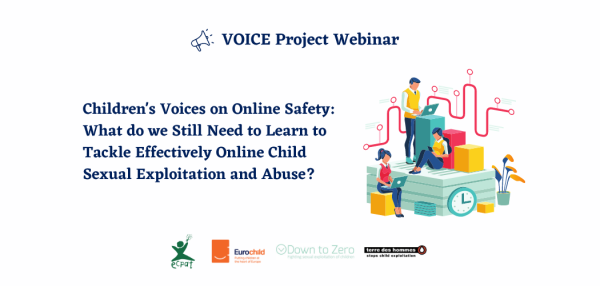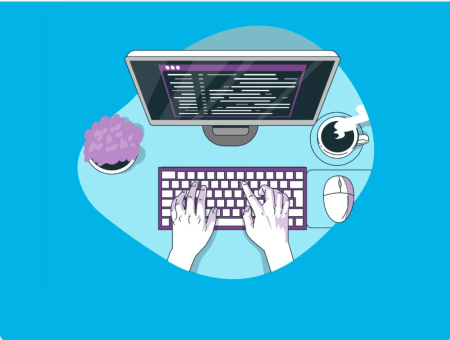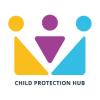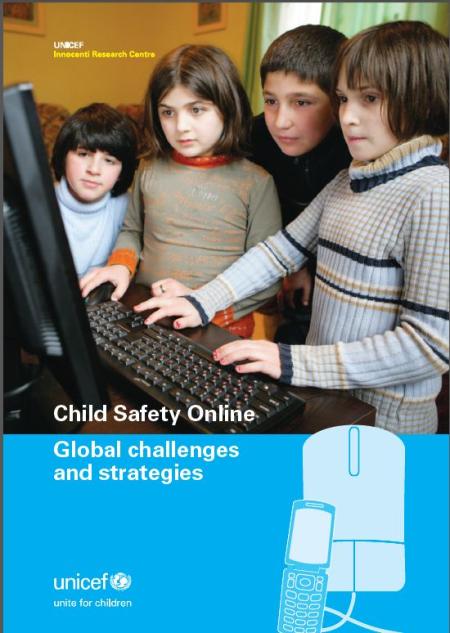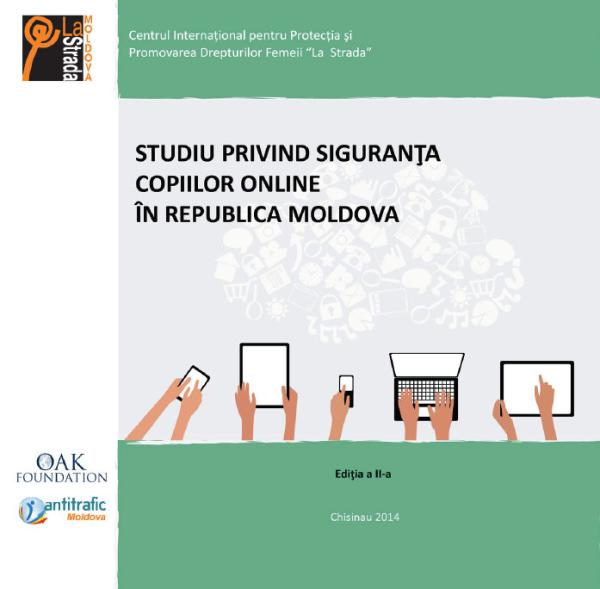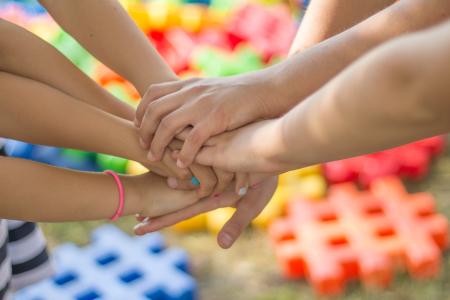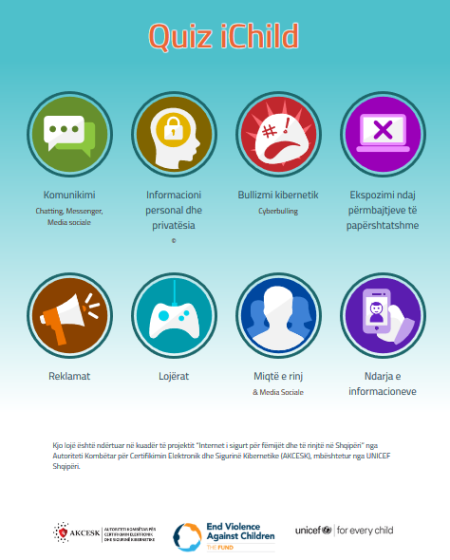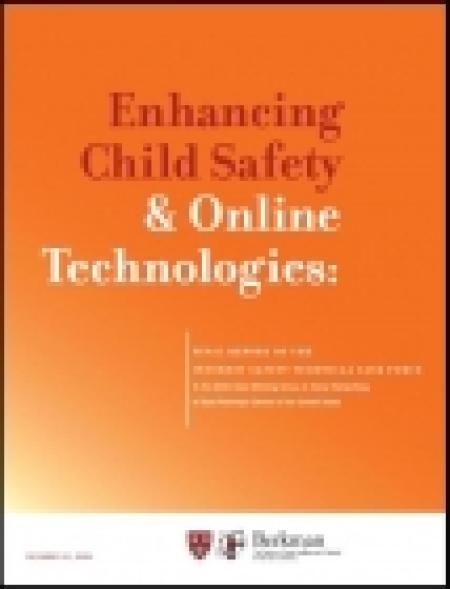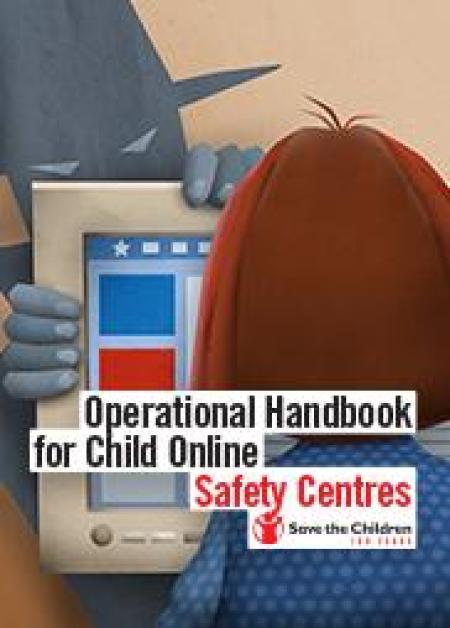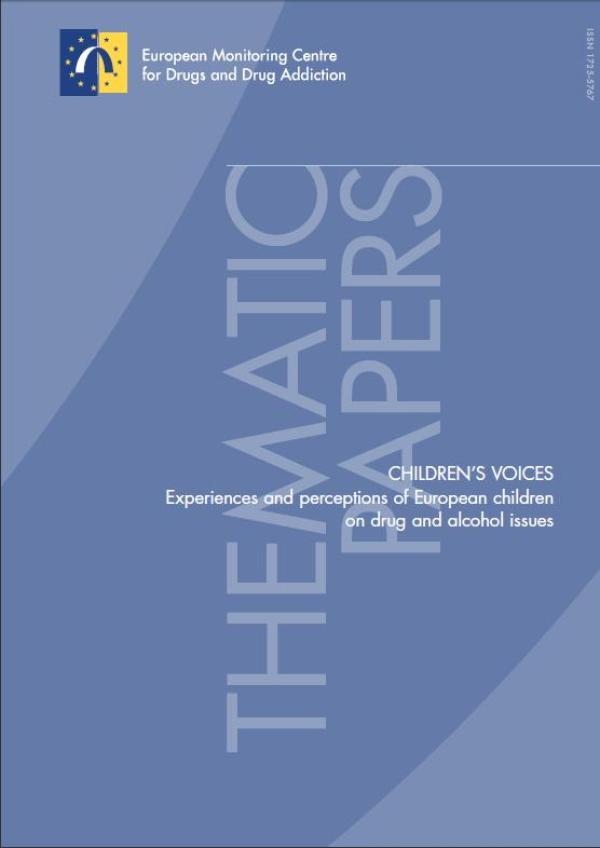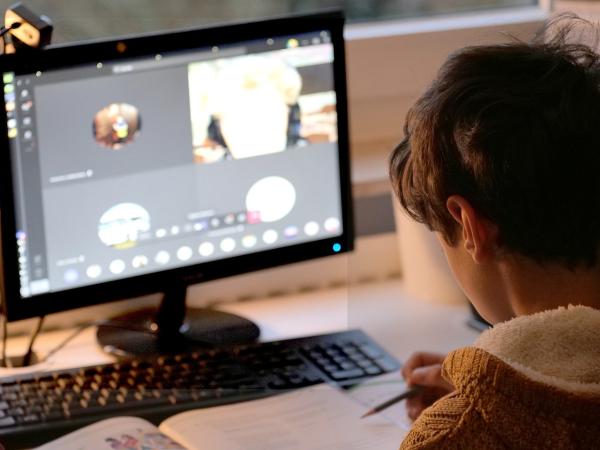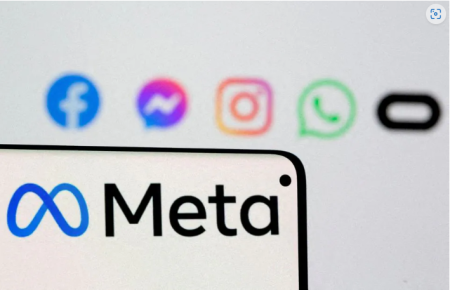
Last 20 June, Eurochild co-organised the webinar ‘Children's voices on online safety: what do we still need to learn to tackle effectively online child sexual exploitation and abuse?’ together with ECPAT International and Terre des Hommes Netherlands.
The webinar showcased research from partners in the sector aimed at elevating children’s views and needs on online safety, including to tackle child sexual exploitation and abuse. During the discussion, Eurochild highlighted the importance of child participation in this area. We know from experience that there is no file so technical or too difficult for children to be discussed with them, as long as you ensure that you stick to the core child participation principles.
The panel was formed by ECPAT International, Thorn, WeProtect Global Alliance (WPGA), Child Helpline International (CHI) and Terre des Hommes (TdH). The partners presented different pieces of research elevating children’s views on online safety from different perspectives. The research highlighted some of the key needs of child victims and survivors, especially from the lens of diversity. Children are not a monolith category: the different needs and vulnerabilities of children from different backgrounds must also be recognised online.
Studies pointed out that sexual development and exploration of children have collided with the internet, creating new safeguarding challenges that need tackling. WPGA estimates that from a normal classroom in a European school, 2/3 of the children will most likely experience some form of sexual harm before the age of 18. Children want better reporting mechanisms, but also safer spaces where they can develop without being exposed to harmful content or behaviour (safety-by-design).
This event was organised to launch the new initiative ‘VOICE’ led by ECPAT International, Eurochild and Terre des Hommes on behalf of the Down To Zero Alliance. VOICE stands for ‘Values, Opinions, and Insights from Children (and their Caregivers) about E-safety’ and will consist of consultation with children and parents (and caregivers) about the safety needs of and solutions for children online. Children aged 10-17 will be consulted through qualitative focus groups across 10 EU Member States and 5 non-EU countries. At times when the internet is starting to be more regulated, with specific consequences for children, the aim of this project is to inform digital policy both at EU and national level.
Find out more about the research presented:
- Disrupting Harm - ECPAT
- Global Boys - ECPAT
- ‘Responding to Online Threats’ - Thorn
- ‘LGBTQ+ Youth Perspectives’ - Thorn
- ‘Estimates of childhood exposure to online sexual harms and their risk factors’ - We Protect
- ‘The Role of Child Helplines in Protecting Children in Europe Against Sexual Exploitation & Abuse’ - Child Helpline International
- Safety by design to tackle online child sexual exploitation - Terre des Hommes

